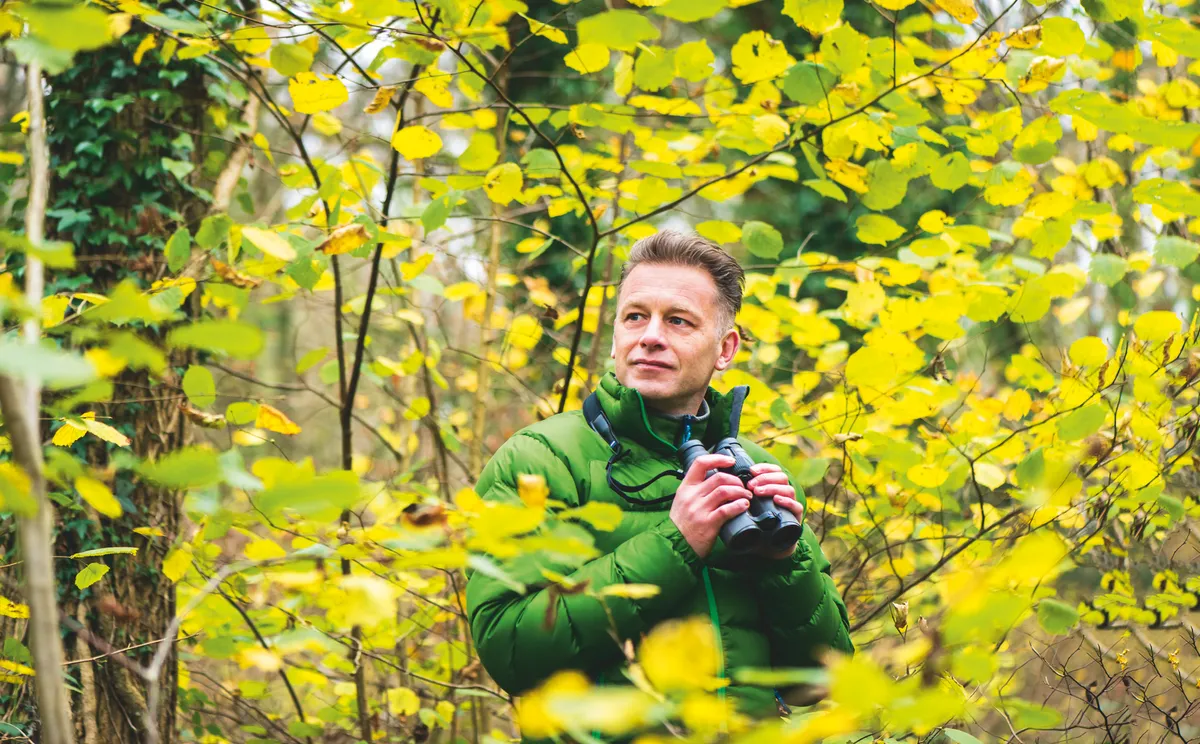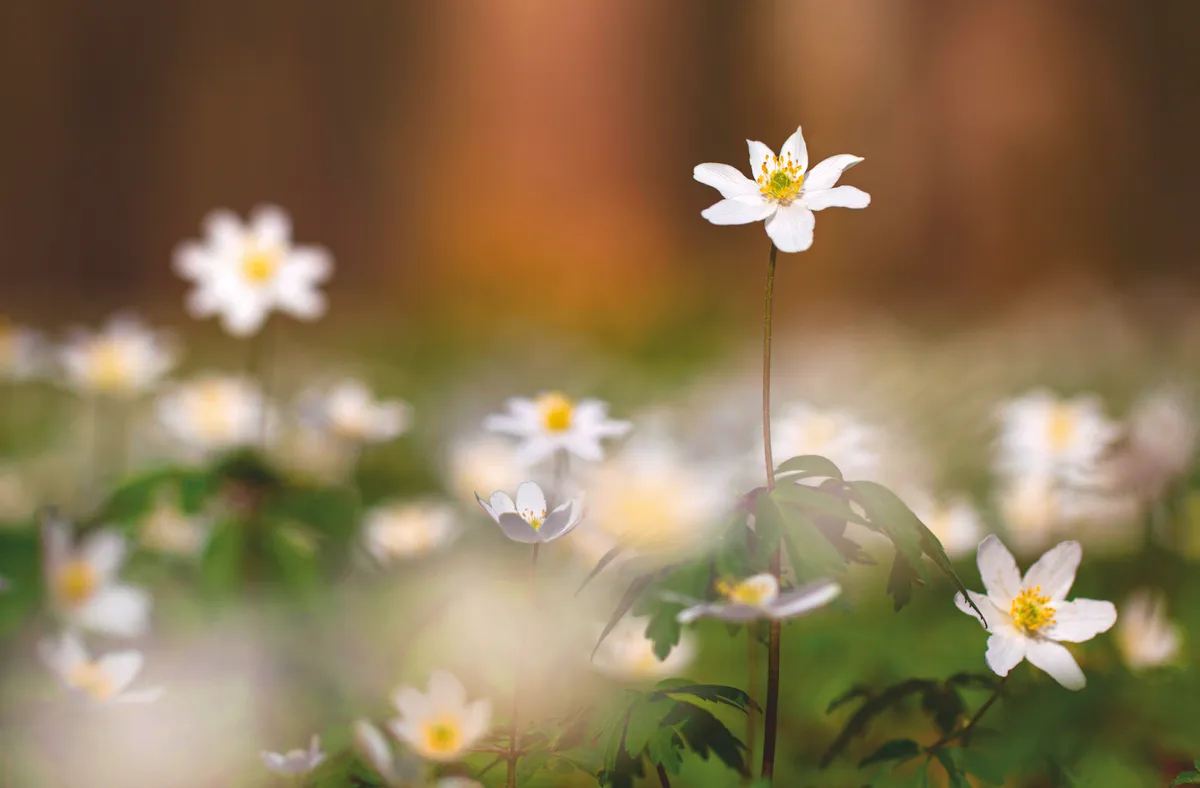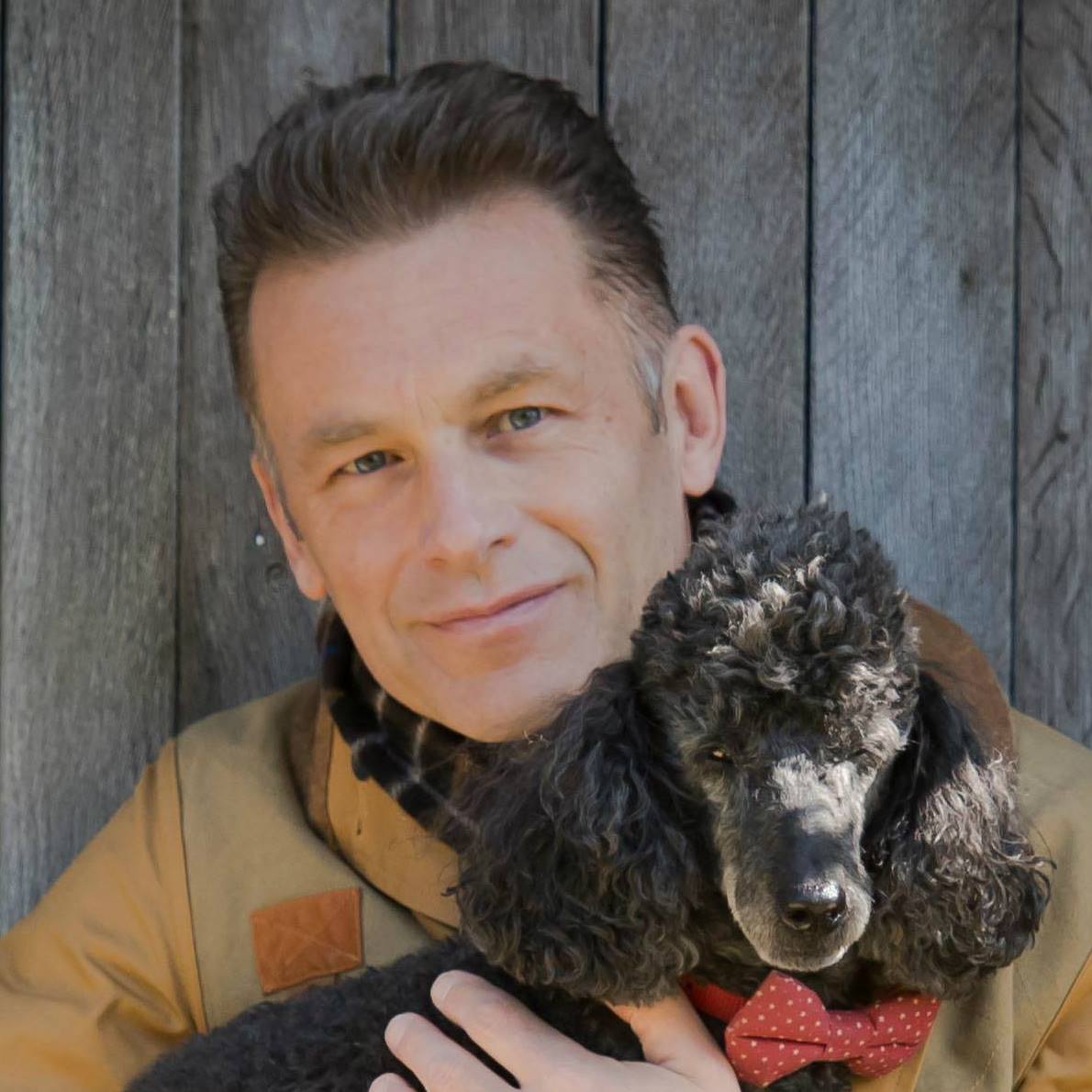Some days I get up and by the time I’m brushing my teeth, it’s already clear to me that today is not the day. It’s one of those days, one which will struggle to get going, limp miserably through its 24 hours and probably be forgotten by the end of the month. You see, I don’t feel happy.
To be clear, I’m not depressed either but I’m definitely not in the mood to rival Sid and Nancy’s (my black miniature poodles) insatiable desire to rush out and go wild. I open the door and they explode into the garden. I trudge back to the bathroom to shave and notice that I’m not smiling back through my moustache of foam.
Maybe I had a nightmare I’ve already lost to the dawn. Maybe I slept even more poorly than normal. Maybe I just ‘got out the wrong side of the bed’. More empirically, I suspect that my brain chemistry is awry, some cocktail of hormones or molecules is missing from my limbic system. Whatever – the result is notably disappointing because know very well that I must make every day count. We must all make every day count.
Dressed, I slump against the kitchen worktop and swipe my mobile open, tap on the ‘notes’ file and scroll down to a page that I now need more than most people need a morning caffeine hit. I can recite it verbatim anyway, but for the sake of the exercise I read a passage from Paul Bowles’ 1949 novel The Sheltering Sky. I’ve depended upon it when I’ve been really low, when I needed to be sharply reminded of my fragile mortality. I re-read it when I need some clinical perspective. Here it is…
“Death is always on the way, but the fact that you don’t know when it will arrive seems to take away from the finiteness of life. It’s that terrible precision that we hate so much. But because we don’t know, we get to think of life as an inexhaustible well. Yet everything happens a certain number of times, and a very small number, really.
How many more times will you remember a certain afternoon of your childhood, some afternoon that’s so deeply a part of your being that you can’t even conceive of your life without it? Perhaps four or five times more. Perhaps not even. How many more times will you watch the full moon rise? Perhaps 20. And yet it all seems limitless.”
I close the phone and turn on BBC Breakfast and, thanks to COVID-19, that passage attains even more relevance. The news is grim. I’m worried about my dad – that bloke who bought me books, took me to museums and drove me to nature reserves on those certain afternoons of my childhood, to peer through the binoculars he’d bought me with the last of his wages. He’s vulnerable. He’s got a suite of pre-existing conditions. He mustn’t go out.
I ring him and we have a grumpy call – he’s fed up with self-isolation, so he doesn’t want to be reminded to stay indoors. My parting shot is to suggest he reads a book I’d bought him. I can’t hear what he mutters as he hangs up.
The full moon has set, the sky is clear, there’s dew on the grass and the morning smells faintly of metal, like the raw freshness that pings off a steel bowl run under the cold tap. The first breath I take as I walk into the garden elicits a tiny gasp, as it lines my mouth with a newness that spring dawns create as sensory treasures only for early risers. There’s a brilliant stripe of lemon-coloured light gilding the apex of the roof, focusing a clarity to the moment. Spring is not soft or lazy like summer, it stabs out a sharp urgency at sunrise – not with a whisper, with a screech, like the scream of a vampire too late to its grave.

The day is as yet unblemished – there is an idealistic optimism fidgeting in this tiny corner of the world, lurking in a mauve shade, waiting for the curtain to open. But the band are already on stage, halfway through their greatest hits show, belting out their classics with the volume on max: robin, right at the front of the stage, hogging the mic, ripping through a cascade of wonderfully familiar notes.
Song thrush, back for an encore – trilling, whooping, warbling. Woodpigeons, the backing singers, murmuring in harmony, and then, out of nowhere, the garden rock star pops up and steals the show. The little bird with the biggest voice. It’s not the Freddie Mercury or Axl Rose – the wren is the Meat Loaf of the hedgerow. It may be of opposite stature, but clearly it’d do anything for love, and cranking up the concert to this type of crescendo will probably do the trick.
Constellating the ground around the path are a universe of twinkling wood anemones – closed, still sleeping, an embarrassment to the brash primroses clustered and gossiping about yesterday’s bee fly visits. Behind them, beneath the chestnut and its sticky buds, a thousand stars – the glistening rays of celandines glowing – already radiant and energised.

Within a minute, within 15, maybe 20 steps, all this energy – the sight of simple wildflowers, the songs of familiar birds, the smell of fresh air rushes into me with such force that I can almost feel my body surge. All those troubled endorphins that were lost in the back alleys of my brain stream to their stations and, rather than just recover my mood, elicit an exultation, a feeling of good to be alive. I’m embarrassed to have faltered. My perspective is regained. This will not be a day so easily forgotten.
Joy is free, cure is cheap and, whilst life is not an inexhaustible well, there is an inexhaustible well of life to draw upon, even in the most modest of spaces. Self-isolation is hard for some and critically difficult for others but we are all within reach of some solace.
Main image: Singing wren. © Steve Hedges/Alamy
This article originally appeared in the May 2020 issue of BBC Wildlife Magazine. Take a look inside the current issue and find out how to subscribe.
